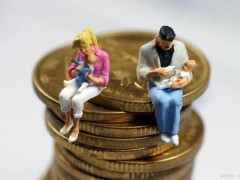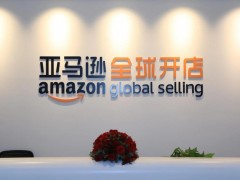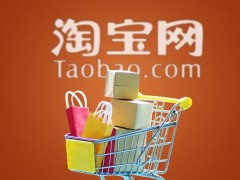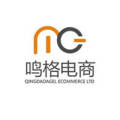Do I need to pay customs duties when I buy things through Ebay?
正常情况下是要被税的。 特别是如果是直邮用DHL,FEDEX,UPS这几个快递税费是特别高的。
如果用邮政EMS,或邮政小包, 那只是抽检交税, 有可能不用交税(看地方,比如上海,广州用邮政被税可能性就很高)。
税改后, 物品价值是不允许超过2000的, 超过2000会不允许进关, 直接退运或没收。
电子产品直邮或邮政线路现在税率是15%, 通过转运公司的主动报关线路是11.9%。
Professional answer
Normally, you will be taxed. Especially if you use DHL, FEDEX, UPS for direct mail, the taxes are very high.
If you use postal EMS or postal parcels, it is only a random inspection and tax payment, and there is a possibility that you don’t have to pay taxes (depending on the place, for example, in Shanghai and Guangzhou, the possibility of being taxed by post is very high).
After the tax reform, the value of items is not allowed to exceed 2,000. If it exceeds 2,000, it will not be allowed to enter the customs, and will be directly returned or confiscated.
The current tax rate for electronic products through direct mail or postal routes is 15%, and the active customs declaration route through the forwarding company is 11.9%.
Under normal circumstances, it is taxed. Especially if it is direct mail through DHL, FEDEX, UPS and other express delivery companies, the tax is very high.
If you use postal EMS or postal parcels, it is only subject to random inspection and tax, and there is a possibility that you do not have to pay tax (depending on the location, for example, in Shanghai and Guangzhou, the possibility of being taxed by postal delivery is very high).
After the tax reform, the value of the goods is not allowed to exceed 2,000. If it exceeds 2,000, it will not be allowed to enter the customs, and will be directly returned or confiscated.
The tax rate for electronic products through direct mail or postal routes is now 15%, and the active customs declaration route through the forwarding company is 11.9%.
Similar Q&A
recommend Where to sell the 1985 one-cent coin?
E-c News Continuously pushing e-commerce knowledge to you








Latest Q&A More
-
Do I need a trademark to open a franchise store on Pinduoduo to sell books?
#Pinduoduo#
-
How to withdraw from a Pinduoduo store
#Pinduoduo#
-
How to withdraw from Pinduoduo merchants
#Pinduoduo#
-
How to pay fees when closing a Pinduoduo store
#Pinduoduo#
-
How to withdraw from Pinduoduo
#Pinduoduo#
-
Which store on Pinduoduo is authentic?
#Pinduoduo#
-
Which stores on Pinduoduo can buy genuine products?
#Pinduoduo#
-
How to check the store under Pinduoduo
#Pinduoduo#
-
How to receive Pinduoduo online game products
#Pinduoduo#
-
How to sell the electronic version on Pinduoduo
#Pinduoduo#
E-c News 2026-02-27 21:41:17

- African netizens use China Africa cross-border e-commerce platform for online shopping
- how is the new seller of cross-border e-commerce doing?
- how can cross-border e-commerce Amazon sell on Amazon platform without goods?
- Amazon store opening process and cost analysis!
- Amazon plans to expand its pharmacy business on a large scale and will add same day delivery service

